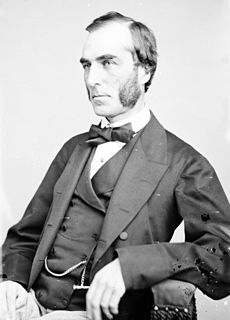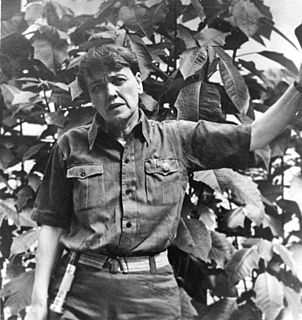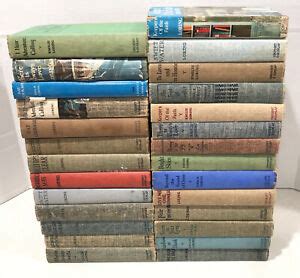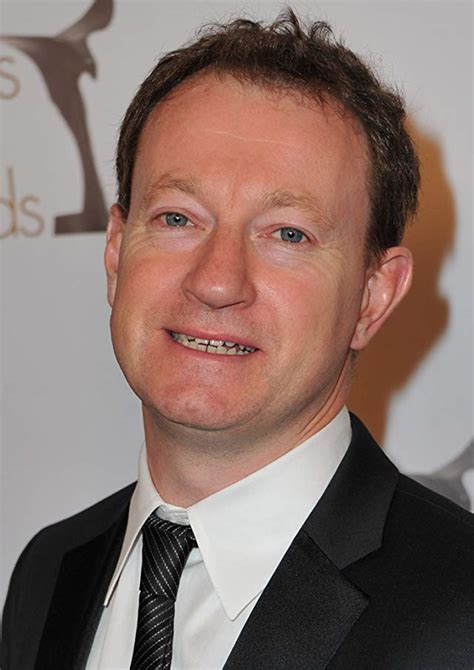A Quote by Goldwin Smith
Never had there been such an attempt to make conquest the servant of civilization. About keeping India there is no question. England has a real duty there.
Related Quotes
When I was a student at Cambridge I remember an anthropology professor holding up a picture of a bone with 28 incisions carved in it. "This is often considered to be man's first attempt at a calendar" she explained. She paused as we dutifully wrote this down. 'My question to you is this - what man needs to mark 28 days? I would suggest to you that this is woman's first attempt at a calendar. It was a moment that changed my life. In that second I stopped to question almost everything I had been taught about the past. How often had I overlooked women's contributions?
There's a double meaning in the film The Conquest. First, the conquest of power at the UMP party and how Sarkozy had to fight his colleagues inside the party so that it was him running for President. He wins the political conquest, but he loses the feminine conquest in that his wife leaves him. It's hard for a President to be single - that's never happened.
No civilization can exist part free and part slave.
..We have never had any other kind of civilization. It has always been that way. There has always been a division of man. There has always been the conqueror and conquered-the master and slave-the ruler and the ruled-the oppressor and the oppressed. There has never been content nor unity. There has been only discontent and disunity.
On this question of principle, while actual suffering was yet afar off, they [the Colonies] raised their flag against a power to which, for purposes of foreign conquest and subjugation, Rome in the height of her glory is not to be compared,-a power which has dotted over the surface of the whole globe with her possessions and military posts, whose morning drum-beat, following the sun, and keeping company with the hours, circles the earth with one continuous and unbroken strain of the martial airs of England.
Question of "Where We Begin" turns to be not only a formal question but also a question central to the attempt to make sense of things about which it is very difficult to make any sense - illness, death, despair, suicides, cruelty, the various troubles love can provoke, our inability to really know one another when we our inner selves are walled off by our bodies.
The Islamic conquest of India is probably the bloodiest story in history. It is a discouraging tale, for its evident moral is that civilization is a precious good, whose delicate complex of order and freedom, culture and peace, can at any moment be overthrown by barbarians invading from without or multiplying within.
We're headed for what is called Type 1 Civilization, planetary civilization. Type 2 would be stellar civilization, like Star Trek. Type 3 Civilization would be galactic, like Star Wars. We are Type 0. We get our energy from dead plants, oil and coal. But the question is: Will we make it? Will we make the transition from Type 0 to Type 1? It's not clear.
I learned to stop being English about things like love. If you make a film in England about love, it's hugely complicated. It's all about saying what the weather is like, and you're secretly telling someone you love them. You know what the English are like; they're very repressed people. You don't get that in India. India is incredibly un-cynical about love. It's a not a complicated thing. It's me, you, love. Let's go.







































